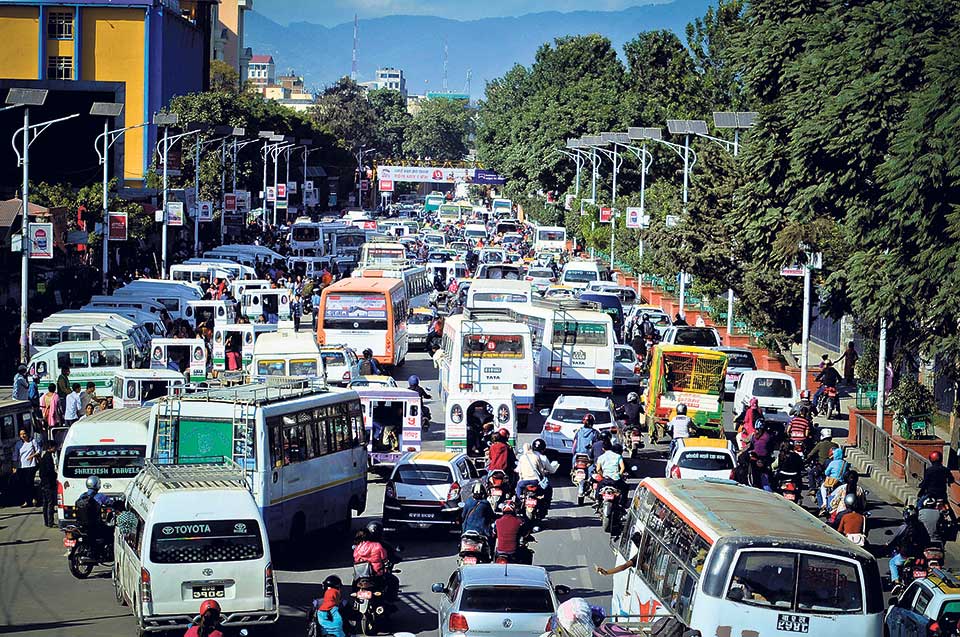
The government of Nepal has announced plans to reduce the import of fuel vehicles and encourage the use of electric vehicles. The move is part of a broader effort to reduce the country’s trade deficit and improve its environmental sustainability.
Under the new plan, the government will implement a number of measures to discourage the import of fuel vehicles. These measures include:
- Reviewing vehicle loans to make it more difficult to obtain financing for the purchase of fuel vehicles.
- Providing tax incentives for the purchase of electric vehicles.
- Establishing electric vehicle charging stations throughout the country.
- Promoting the use of electric vehicles in government and public transportation.
The government believes that these measures will help to reduce the country’s reliance on imported fuel and improve its air quality. It also estimates that the switch to electric vehicles could save the country billions of rupees in fuel costs each year.
The plan has been welcomed by environmental groups, who have long urged the government to take action to reduce air pollution. They believe that the switch to electric vehicles is a major step forward for the country and will help to improve the health of its citizens.
The plan has also been welcomed by the electric vehicle industry, which sees Nepal as a potential market for electric vehicles. The industry believes that the government’s incentives will make electric vehicles more affordable and accessible to consumers.
The plan is expected to be implemented within the next six months. The government is confident that the switch to electric vehicles will be a success and will help to improve the country’s economy and environment.
In addition to the measures mentioned above, the government is also planning to:
- Export electricity to neighboring countries.
- Replace petrol and diesel-powered equipment used in agriculture with electric ones.
- Encourage the use of electric systems in brick and cement industries that use coal.
The government believes that these measures will help to reduce the country’s dependence on imported fuel and improve its environmental sustainability.

Related:



